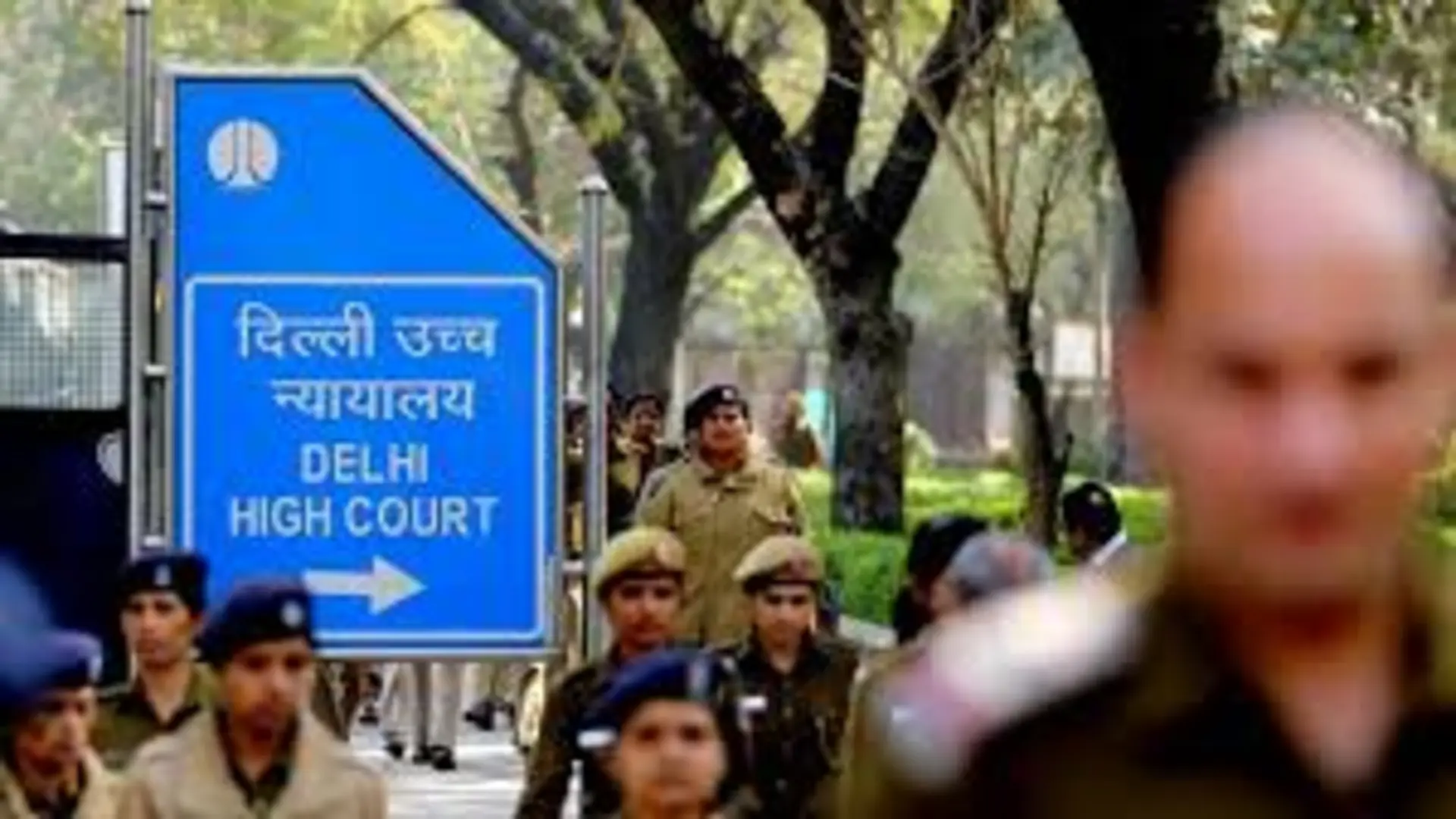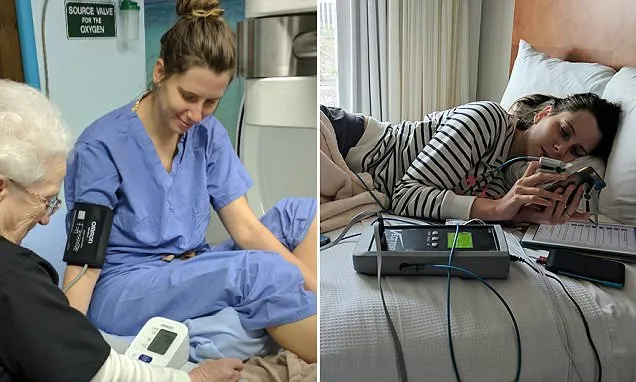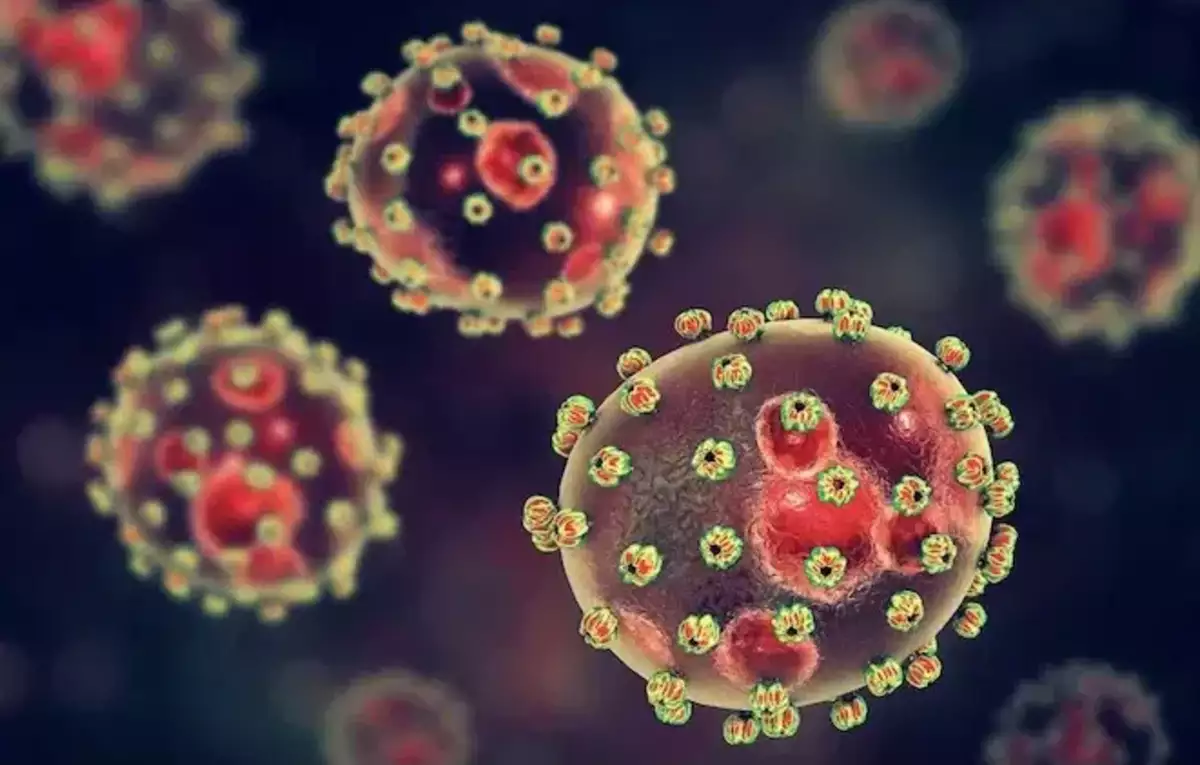In a latest, landmark, laudable and learned judgment titled Laxmibai Chandaragi B & Anr. vs. State of Karnataka & Ors. in Writ Petition [Criminal] No. 359/2020 delivered just recently on February 8, 2021, the Supreme Court minced just no words to make it absolutely clear that the consent of the family or the community or the clan is not necessary once two adult individuals agree to enter into a wedlock. The two Judge Bench of the Apex Court comprising of Justice Sanjay Kishan Kaul and Justice Hrishikesh Roy had observed that such a right or choice to marry is not expected to succumb to the concept of “class honour” or “group thinking”. The Apex Court also said that the police authorities shall formulate guidelines and training programmes on how to handle ‘socially sensitive cases’.
To start with, the ball is set rolling in para 2 of this commendable judgment authored by Justice Sanjay Kishan Kaul for himself and Justice Hrishikesh Roy after noting in para 1 that, “We have heard learned counsel for the parties” and it is therein stated in para 2 while elaborating on the facts of the case that, “One Mr. Basappa Chandaragi lodged a complaint with the Murgod Police Station, Savadatti Taluk, Belagavi District stating that his daughter Ms. Laxmibai Chandaragi, petitioner No.1 herein was missing since 14.10.2020. In pursuance to the complaint, FIR No.226/2020 of a missing person was registered and the investigation officer recorded the statement of the missing person’s parents and her relatives and took call details. From the call details, it became apparent that the petitioner No.1 was in contact with Mr. Santosh Singh Yadav, petitioner No.2. In the course of investigation it was found that the petitioner No.1, apparently without informing her parents, had travelled by flight from Hubli to Bangalore and further from Bangalore to Delhi and thereafter married petitioner No.2. The petitioner No.1 sent her marriage certificate to her parents through whatsapp on 15.10.2020 in which she revealed the factum of marriage to petitioner No.2. It is the case of the State that the IO proceeded to Ghaziabad to know the whereabouts of petitioner No.1 and on visiting the residence of petitioner No.2, was informed by his parents that they do not know the whereabouts of the petitioners. However, the petitioner No.1 spoke to the investigating officer and informed that she had already married petitioner No.2 and was residing with him. But the IO instead insisted that the petitioner No.1 should appear before the Murgod police station to record a statement so that the case can be closed. The petitioner No.1 sent a letter to the IO stating that she was married to petitioner No.2 and there was threat from her parents and thus, was unable to visit the police station. The case was still not closed of missing person by the IO.”
As a corollary, the Bench then observes in para 3 that, “It is in the aforesaid circumstances, that the present petition has been filed under Article 32 of the Constitution of India since according to the petitioner there is an issue of duality of jurisdiction arising from her residing with petitioner No.2 in the State of Uttar Pradesh while the petitioner No.1 came from Karnataka. It is the case of the petitioners that the uncle of petitioner No.1 was threatening them. On the petitioners approaching the Allahabad High Court on 19.10.2020, seeking protection for themselves and the family members, the matter could not be taken upon even after about a period of one month for urgent hearing.”
To be sure, it is then envisaged in para 4 that, “The petitioners have annexed a transcript of the conversation between petitioner No.1 and the police whereby the IO is asking her to come back to Karnataka as otherwise they will come to her and register a case of kidnapping against petitioner No.2 at the behest of her family members.”
What then unfolds is elaborated upon in para 5 that, “We have gone through the translation of the transcript at page D to page H originally in Kannada, now translated in English in which the petitioner No.1 expressed the feeling of lack of safety. Though the IO stated that they would like to close the case, they wanted her to get her statement recorded at the police station. The IO also stated that the family members may file a case against her that she has stolen things from the home and if an FIR is filed, there would be a negative mark against petitioner No.2 and they would have to arrest him which would be problematic for his job also.”
Be it noted, it is then stated in para 6 that, “The aforesaid does not tally with what is stated in the counter affidavit to the extent that the investigation officer had at no point threatened the petitioners.”
More damningly, the Bench then minces no words in para 7 to state forthright that, “The aforesaid does not reflect very well on the police authorities or the IO, the marriage certificate having been received by him and the conversation already been held with petitioner No.1 where she clearly stated that she was married to petitioner No.2 and that she was feeling threatened and apprehensive of coming to the police station. If the IO could have visited the residence of petitioner No.2, he could very well have recorded the statement of petitioner No.1 at the place where the petitioners were residing rather than insisting and calling upon the petitioners to come to the local police station at Karnataka. Not only that, he undoubtedly sought to compel the petitioner No.1 to come and record the statement at police station on the threat of possibility of a false case being registered by her parents against the petitioner No.2 and the consequent action of the police which would result in the arrest of petitioner No.2. We strongly deprecate the conduct of the IO in adopting these tactics and the officer must be sent for counseling as to how to manage such cases.”
While elaborating further, the Bench then elucidates in para 8 that, “Both the parties are well educated. The petitioner No.2 is an M.Tech from NIT, Tiruchirapalli, while petitioner No.1-wife, is an M.A.B.Ed. The petitioner No.2 had got a placement as an Assistant Professor in Jain College of Engineering, Belagavi, Karnataka while the petitioner No.1 was a Lecturer in KLES (Karnataka Lingayat Education Society) Pre-University College, Bailhongal and it appears that they developed liking for each other during these assignments. However, there was resistance from the parents of petitioner No.1, though the parents of petitioner No.2 were willing for the matrimony of both the well qualified petitioners who are majors and Hindu by religion.”
It is worth noting that it is then noted in para 9 that, “Educated younger boys and girls are choosing their life partners which, in turn is a departure from the earlier norms of society where caste and community play a major role. Possibly, this is the way forward where caste and community tensions will reduce by such inter marriage but in the meantime these youngsters face threats from the elders and the Courts have been coming to the aid of these youngsters.”
While buttressing what is stated aforesaid, the Bench then most significantly observes in para 10 that, “We are fortified in our view by earlier judicial pronouncements of this Court clearly elucidating that the consent of the family or the community or the clan is not necessary once the two adult individuals agree to enter into a wedlock and that their consent has to be piously given primacy [Shakti vahini v. Union of India (2018) 7 SCC 192]. It is in that context it was further observed that the choice of an individual is an inextricable part of dignity, for dignity cannot be thought of where there is erosion of choice. Such a right or choice is not is not expected to succumb to the concept of “class honour” or “group thinking” [Asha Ranjan v. State of Bihar (2017) 4 SCC 397].”
No less significant is what is then stated formidably in para 11 that, “In Shafin Jahan v. Asokan K M & Ors. [(2018) 16 SCC 408], this Court noticed that the society was emerging through a crucial transformational period [Lata Singh v. State of U.P. (2006) 5 SCC 475]. Intimacies of marriage lie within a core zone of privacy, which is inviolable and even matters of faith would have the least effect on them. The right to marry a person of choice was held to be integral Article 21 of the Constitution of India. In this behalf, the judgment of the nine Judges Bench in Justice K.S. Puttaswamy v. Union of India [(2017) 10 SCC 1] may also be referred to where the autonomy of an individual inter alia in relation to family and marriage were held to be integral to the dignity of the individual.”
Without pulling back any punches, the Bench then does not hesitate to say it forthright in para 12 that, “The intervention of this Court would really not have been required in the given facts of the case if the IO had conducted himself more responsibly in closing the complaint and if he really wanted to record the statement of the petitioner No.1, should have informed that he would visit her and recorded the statement instead of putting her under threat of action against petitioner No.2 to come to the police station.”
While suggesting the right course to the police, the Bench then holds in para 13 that, “The way forward to the police authorities is to not only counsel the current IOs but device a training programme to deal with such cases for the benefit of the police personnel. We expect the police authorities to take action in this behalf in the next eight weeks to lay down some guidelines and training programmes how to handle such socially sensitive cases.”
Most brilliantly, the Bench then minces no words to hold in para 14 that, “Insofar as the present case is concerned, the petitioners having filed the present petition, no further statement is really required to be recorded and thus, the proceedings in pursuance to the FIR No.226/2020 dated 15.10.2020 registered at Murgod Police Station, Belagavi District, Karnataka are quashed with the hope that the parents of petitioner No.1 will have a better sense to accept the marriage and re-establish social interaction not only with petitioner No.1 but even with petitioner No.2. That, in our view, is the only way forward. Under the garb of caste and community to alienate the child and the son-in-law will hardly be a desirable social exercise. In the words of Dr. B.R. Ambedkar “Annihilation of Caste:
“I am convinced that the real remedy is inter-marriage. Fusion of blood can alone create the feeling of being kith and kin, and unless this feeling of kinship, of being kindred, becomes paramount, the separatist feeling—the feeling of being aliens—created by Caste will not vanish. Where society is already well-knit by other ties, marriage is an ordinary incident of life. But where society is cut asunder, marriage as a binding force becomes a matter of urgent necessity. The real remedy for breaking caste is inter-marriage. Nothing else will serve as the solvent of caste.”
On an optimistic note, the Bench then finally disposes of this commendable judgment by holding in para 15 that, “The writ is disposed of in the aforesaid terms with some hope for the future!”
Let me say this from the bottom of my heart: This extremely commendable, courageous and composed judgment is really worth implementing most strictly all over India. It is not a lengthy judgment of 400 or 500 pages but is very brief, bold, blunt and balanced judgment of just 7 pages but it captures all the muscles in our brain as one goes through it and is most refreshing, rejuvenating and remarkable which must be definitely implemented most sincerely by Centre as well as all the State Governments in India! Justice Sanjay Kishan Kaul who has authored this extremely brilliant judgment for himself and Justice Hrishikesh Roy must be applauded in no uncertain terms for stating unequivocally that the consent of the family or the community or the clan is not necessary once two adult individuals agree to enter into a wedlock. Of course, to marry is a private matter of two consenting adult individuals and neither the family nor the community nor the clan nor even the State itself should try and poke their nose in between by projecting themselves as saviours!






















